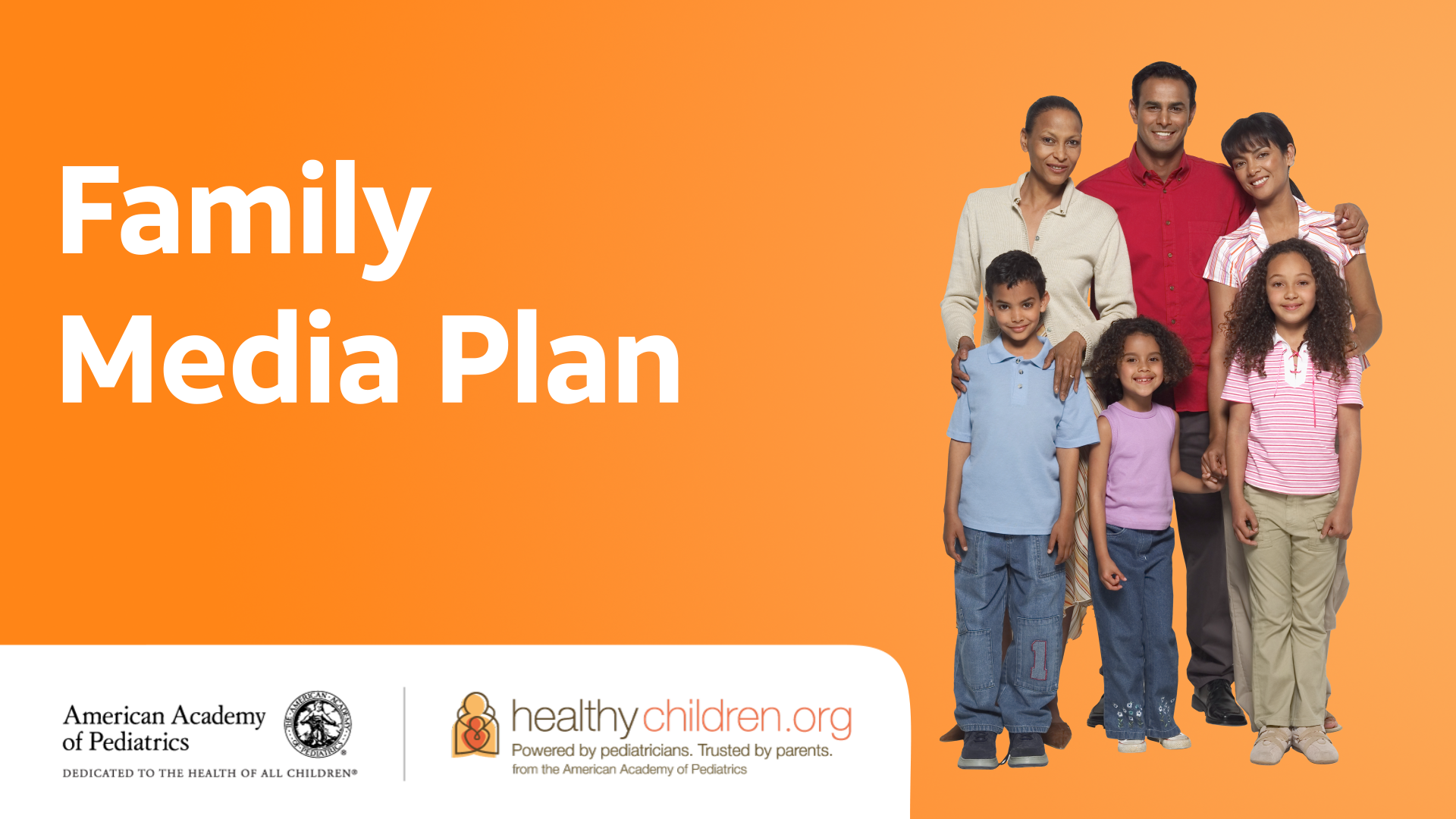School Phone Policies: Resource Guide for Pediatricians
Many states, school districts, and individual schools will be implementing new phone policies in the coming year, and pediatric clinicians may be asked to contribute to discussions. Here, the AAP Center of Excellence on Social Media and Youth Mental Health offers a few tips based on our review of the research and what we have heard from teachers and students.











